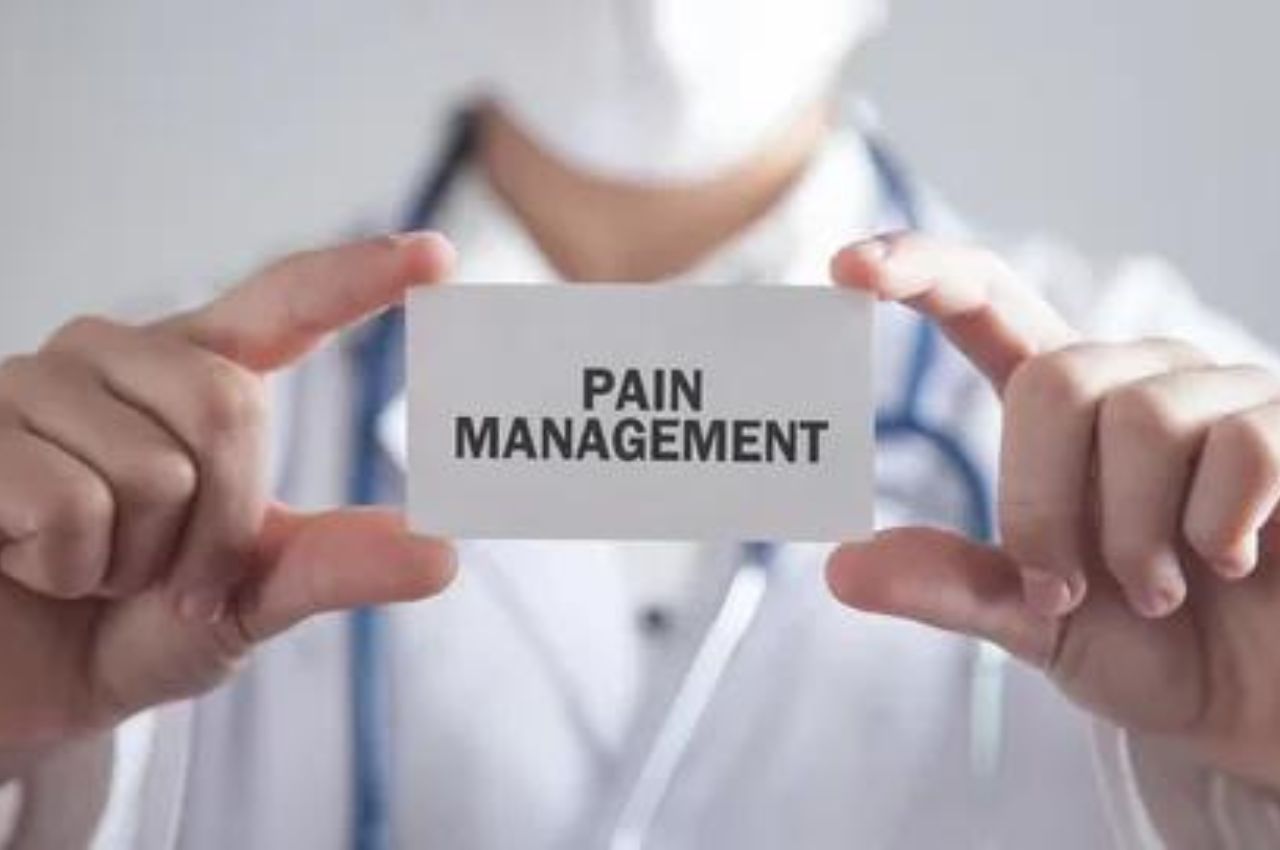Your pain management dr can help you to effectively manage pain. An open interaction with your doctor can help you get the best care. As you prepare to discuss your treatment with your pain management physician, consider the following areas that will help them understand your situation and go over proposed solutions.
Contents
Describe Your Pain in Detail
Explain your agony in detail to your pain management dr. Indicate the precise location of your pain by citing anatomical words or indicating the impacted regions. Note how long the discomfort lasts and whether it occurs frequently. Tell the doctor about the times of day the pain affects you. List the things you do to cause it, and the positions you’re in when it occurs.
Discuss What Makes Your Pain Better or Worse
Your doctor can identify possible causes and effective therapies for your pain by having a better understanding of the elements influencing it. Mention anything that makes your discomfort worse, such as movements, activities, or circumstances. Additionally, you could discuss alleviating factors, such as using a Zyllion Shiatsu Massager, trying specific remedies, adopting certain positions, or taking medications that help reduce your pain.
Review Your Pain History
Provide a comprehensive history of your pain. Include when and how the pain started. Mention any injuries, illnesses, or events that may have triggered it. Inform your doctor of how the pain has changed over time. Inform them if things are remaining the same, improving, or getting worse. Describe how different solutions have affected you, such as drugs, physical therapy, injections, or surgery.
Let your doctor know if you have any chronic diseases that cause you pain. Share if you are taking any medication and any allergies to medicines.
Tell your doctor if there is an activity that you used to perform that is difficult or impossible to complete now because of the pain. They also need to know if discomfort keeps you from sleeping or feeling at ease.
Set Clear Goals for Treatment
Communicate your expectations and goals for pain management. These might include the level of pain reduction you hope to achieve and the improvements needed, such as mobility, strength, or ability to perform daily activities that are limited because of pain. Discuss enhancements in your overall well-being and emotional health.
Ask Questions
Never be afraid to ask questions regarding your prognosis, possible side effects, treatment options, and diagnosis. Understand the strategy and the steps to achieve your goals, and clear up any confusion. You will feel more empowered with this knowledge.
Consult a Pain Management Dr
You and your doctor should always be truthful to one another to enable your physician to prescribe the most suitable pain medications for you. Describing your pain, the previous history of any illness, and how the pain hampers your day-to-day activities can help them develop treatment plans tailored to meet your needs. Consult your pain management dr to help you get the best results as you engage with the processes that help you manage your pain.
